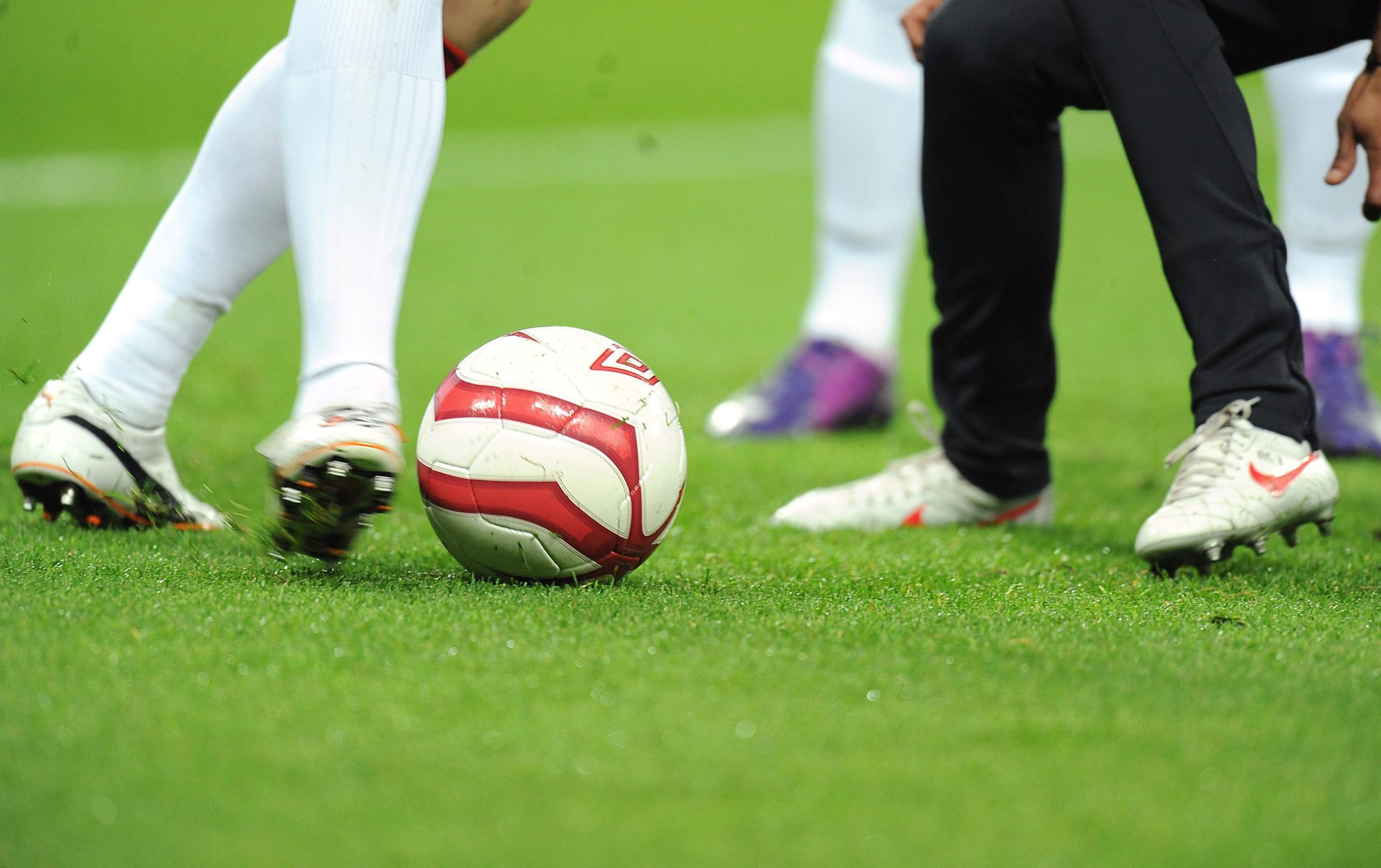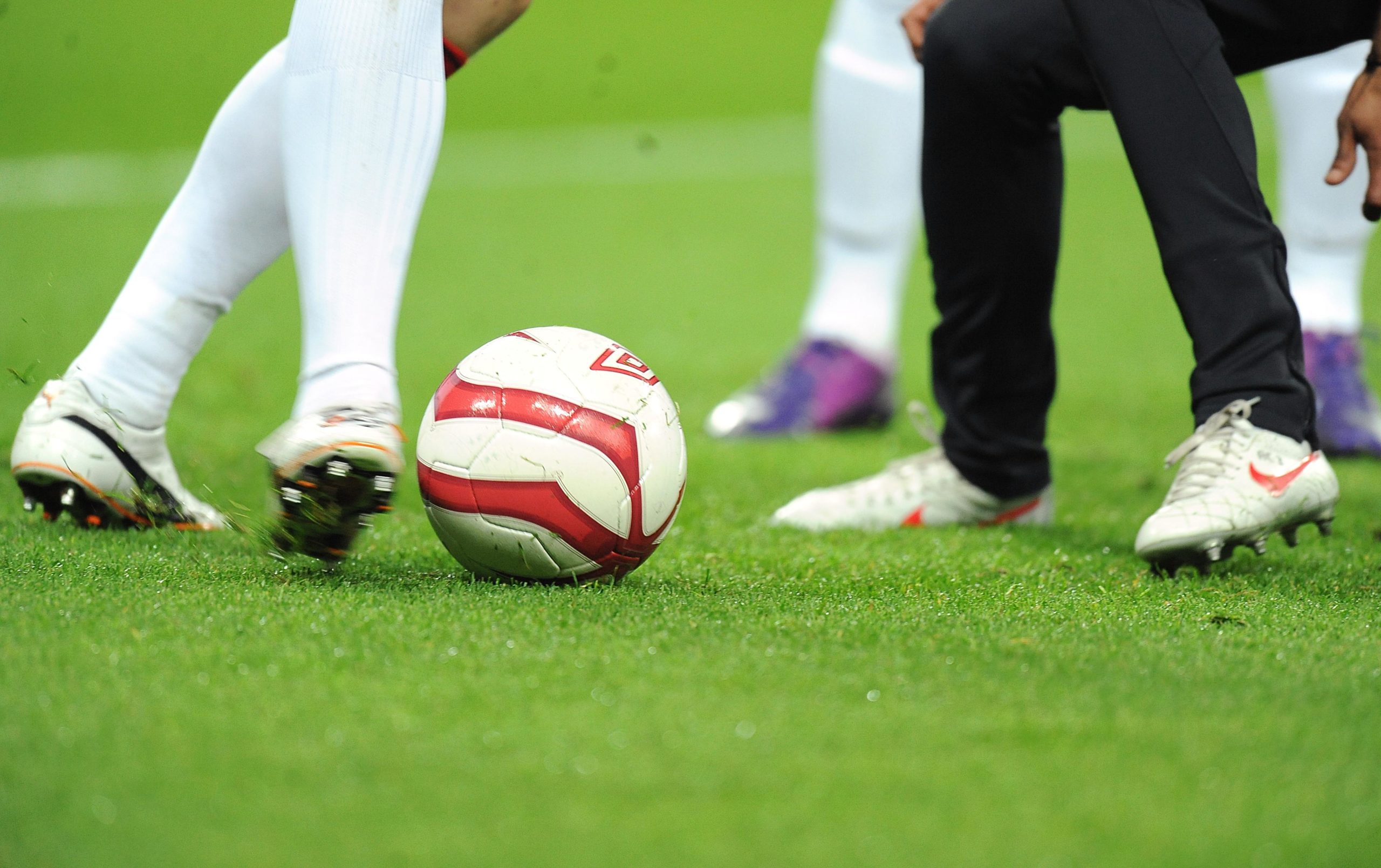
Esports exploded in popularity at the turn of the decade, with hundreds of millions more people discovering competitive video games for the first time when many professional leagues shut down temporarily.
The term ‘esports’ is a catch-all, covering everything from fantasy online battle arena titles like League of Legends to first person shooters like Call of Duty and from sports simulators like FIFA (now EA Sports FC) to arcade sports games like Rocket League.
This is similar to how the word ‘sport’ covers everything from athletics to horse racing. Whilst they are all sports, there are many big differences between each one, making them entirely separate disciplines.
Despite these big differences, there are many skills and talents that are transferable between sports. For example, physical conditioning is important for most competitions and having good hand-eye co-ordination is required for sports like snooker, tennis, and baseball. Whilst being a professional at one wouldn’t make you an elite player for the others, it would make it easier to learn the others.
But are skills transferable between esports and their real-world equivalents and, more specifically, how transferable are the skills required for playing football and its digital equivalents?
Transferable Skills Between Physical and Digital Worlds
Some sports have very obvious transferable skills. In poker, players routinely switch between online and live games. The practice is so common, there are formalised routes like satellites for players to transition between the two. These are smaller tournaments, usually online, events that operate on a knockout basis with winner(s) being awarded tickets for major tournaments.
Similarly, there is a lot of crossover with motorsports. Many leading professional drivers, including those in Formula 1, also compete online in games like iRacing. This is because the basic skills required to succeed on a race track are the same, regardless of whether it’s real or digital. There are some minor differences, such as minor bumps and surface changes that are missed when software developers create games, but this doesn’t change the skills required but just tests them in different ways.
But does this work for football?
Physical Skills
It’s safe to say, playing the beautiful game on the pitch is a lot more physically demanding than playing EA Sports FC. Studies of footballers have shown that players can run between six and eight miles in a single game, requiring them to have elite levels of stamina.
Top esports players do still to be physically fit. Most professional teams include physical training within their wider regime to ensure players are capable of comfortably sitting for long periods without getting injuries from straining.
Some other physical skills are required in both physical and digital versions of football, though they’re implemented differently. Good physical co-ordination is required to succeed in both, no matter whether you’re a striker trying to land a ball past a keeper from a split-second touch on the ball or an Xbox player directing your team’s striker to do that same move with your controller.
However, whilst the basic category of skill is the same, efficacy in one does not mean you will be equally efficacious in the other.
Strategic Thinking
Where there is much more crossover between football and esports is strategy and tactics. The developers of modern football games invest a lot in refining their titles to make them as realistic as possible.
This requires players of titles like EA Sports FC and eFootball Pro Evolution Soccer to have the same levels of knowledge of football strategy and tactics as real-world managers and players.
For esports, players have a lot broader responsibility within the game as they must make decisions on which footballers to buy and sell, which ones should be put in a starting 11 and the bench, and what strategy and tactics to use, as well as to physically control the players on the pitch.
In the real world, teams of people take on these responsibilities, allowing them to specialise in that area.
Verdict
With that in mind, whilst there are some similarities between football and its esports equivalent, there is not much overlap in the skills that are required to succeed in either. Unlike some other disciplines, football places different demands on players compared to video games like EA Sports FC.













